Belarus President Lukashenko says a “dictatorship like the one in Belarus is better than a democracy like the one in Ukraine.”
Belarus President Lukashenko Defends Dictatorship, Criticizes Ukraine’s Democracy
In a controversial statement, Belarus President Alexander Lukashenko defended his country’s authoritarian regime, declaring that a “dictatorship like the one in Belarus is better than a democracy like the one in Ukraine.” This remark has sparked outrage and concern, particularly among pro-democracy advocates and the international community, who view Lukashenko’s regime as increasingly repressive and undemocratic. His comments also drew attention to the stark contrast between Belarus and Ukraine in terms of political systems, as well as the broader geopolitical implications for both nations in the context of ongoing tensions with the West and Russia.
Lukashenko’s Political Stance: Defending Authoritarian Rule
Lukashenko, who has been in power since 1994, is known for his authoritarian style of governance and tight control over Belarusian politics and society. Often referred to as “Europe’s last dictator,” Lukashenko has faced widespread criticism for cracking down on political opposition, curtailing press freedom, and suppressing dissent. Despite facing mass protests and international condemnation over his 2020 election victory, which was widely viewed as rigged, Lukashenko has managed to retain power, largely due to support from Russia and the security apparatus in Belarus.
In his recent comments, Lukashenko made a direct comparison between his leadership in Belarus and Ukraine’s democratic system. Ukraine, which has undergone a series of democratic transformations since gaining independence in 1991, especially following the 2014 Euromaidan revolution, has established itself as a democracy with a vibrant political opposition, active civil society, and increasing integration with the West. The contrast between Belarus’s political repression and Ukraine’s democratic aspirations has led Lukashenko to describe the Ukrainian political system as “flawed” in comparison to his own strong centralized governance.
Lukashenko’s rhetoric comes at a time of heightened geopolitical tension, especially in light of the ongoing conflict in Ukraine and the broader regional dynamics involving Russia. His comments serve as an attempt to justify his authoritarian rule and further distance Belarus from Ukraine’s Western-backed democratic model.
The Geopolitical Context: Belarus, Ukraine, and Russia
Lukashenko’s remark is significant not only because of its controversial nature but also because it highlights the growing rift between Belarus and Ukraine, as well as the deepening ties between Belarus and Russia. Over the years, Belarus has relied heavily on Russia for political, economic, and military support. While Ukraine has increasingly aligned itself with the West, seeking closer ties with the European Union and NATO, Belarus has continued to reinforce its relationship with Russia, which has provided significant economic aid, energy resources, and military backing.
In recent years, Ukraine has seen substantial reforms aimed at strengthening democratic institutions, combating corruption, and integrating into the European and global political landscape. These efforts were most notably showcased during the 2014 Euromaidan revolution, which ousted the pro-Russian government of President Viktor Yanukovych and marked Ukraine’s decisive pivot toward the West. Despite ongoing conflict with Russia in eastern Ukraine and Crimea, Ukraine has remained steadfast in its pursuit of democratic values, with a growing political focus on human rights, free speech, and democratic elections.
On the other hand, Lukashenko’s regime in Belarus has been marked by widespread human rights violations and a crackdown on dissent. Following the controversial 2020 election, which saw mass protests and accusations of electoral fraud, Belarusian authorities used force to suppress opposition movements and activists, leading to widespread international condemnation. Lukashenko has continued to align Belarus with Russia, culminating in joint military drills and deeper political and economic integration through the Union State agreement with Russia.
By defending his dictatorship and criticizing Ukraine’s democracy, Lukashenko is asserting his vision of governance in stark opposition to the Western-backed democratic model that has increasingly defined Ukraine’s political path. His stance is particularly concerning given the current situation in Ukraine, which has been the target of Russian military aggression since 2022. Lukashenko’s comments suggest that he believes his strongman rule is a more stable alternative to the democratic processes in Ukraine, which have been marred by political instability, corruption, and ongoing conflict with Russia.
The Belarusian Opposition’s Response
Lukashenko’s comments have been met with sharp criticism from both domestic and international opponents. Belarusian opposition figures, who have long campaigned for democratic reforms and an end to Lukashenko’s rule, see his remarks as further evidence of his authoritarian mindset and refusal to acknowledge the will of the people.
Sviatlana Tsikhanouskaya, a prominent Belarusian opposition leader who ran against Lukashenko in the 2020 presidential election, condemned his comments as a direct attack on the aspirations of the Belarusian people for a freer, more democratic society. Tsikhanouskaya and other opposition leaders have repeatedly called for international support for democratic change in Belarus, particularly in light of the brutal crackdown on protests that followed the 2020 election.
Belarusian activists and human rights organizations have also condemned Lukashenko’s authoritarianism, pointing to his regime’s systematic suppression of opposition, media censorship, and harassment of dissenting voices. The international community, including the European Union and the United States, has imposed sanctions on Belarus in response to Lukashenko’s crackdowns, with a focus on targeting individuals in his inner circle and key industries in Belarus’s economy.
Ukraine’s Response and Democratic Values
In response to Lukashenko’s comments, Ukrainian officials have strongly defended their country’s democratic path and the progress Ukraine has made since its 2014 revolution. Ukrainian President Volodymyr Zelensky, who was elected on a platform of anti-corruption and political reform, has emphasized Ukraine’s commitment to building a robust democratic system, despite the ongoing war with Russia and the challenges posed by Russian aggression.
Ukraine’s pursuit of democracy is seen as essential not only for the country’s future but also for its integration into the European and international community. Despite the conflict with Russia, Ukraine has made significant strides in strengthening democratic institutions, rooting out corruption, and promoting political pluralism. Zelensky’s leadership has been recognized internationally, and Ukraine continues to receive strong support from Western governments in its fight against Russian aggression and its broader goals of democratic development.
The Ukrainian government has also pointed to its deepening ties with the European Union and NATO as evidence of its commitment to democratic values. While the war in Ukraine has been a source of immense suffering, the country’s democratic achievements remain a testament to the resilience of its people and their aspirations for a free and prosperous future.
The Controversial Legacy of Lukashenko’s Regime
Lukashenko’s statement is a reminder of the enduring challenges faced by Belarus as it remains firmly under his control. For over two decades, Lukashenko has maintained a grip on power, using a combination of political repression, state-controlled media, and close ties with Russia to suppress opposition and dissent. However, the Belarusian people’s desire for greater political freedoms, as demonstrated by the 2020 protests, suggests that Lukashenko’s grip on power is not as unshakable as he might believe.
Internationally, Lukashenko’s comments further isolate Belarus from the West and cement its role as a key ally of Russia in the ongoing geopolitical struggle between the West and Russia. While Belarus’s political future remains uncertain, Lukashenko’s comments about democracy in Ukraine signal his unwavering commitment to maintaining his authoritarian regime, regardless of the political cost.
Conclusion: The Dividing Lines Between Belarus and Ukraine
Lukashenko’s remarks highlight the stark contrast between Belarus and Ukraine’s political systems, as well as the deepening divide between authoritarianism and democracy in Eastern Europe. His defense of dictatorship and critique of Ukraine’s democracy reflect his desire to justify his own rule while undermining the aspirations of the Ukrainian people for a free, democratic future.
As Belarus continues to grapple with political repression and its relationship with Russia, Ukraine remains focused on its democratic path, despite the ongoing war with Russia. Lukashenko’s comments only serve to reinforce the ideological divide between the two nations, underscoring the broader geopolitical struggle between authoritarianism and democratic governance in the region. The outcome of this struggle will likely have far-reaching implications for the future of Belarus, Ukraine, and Eastern Europe as a whole.
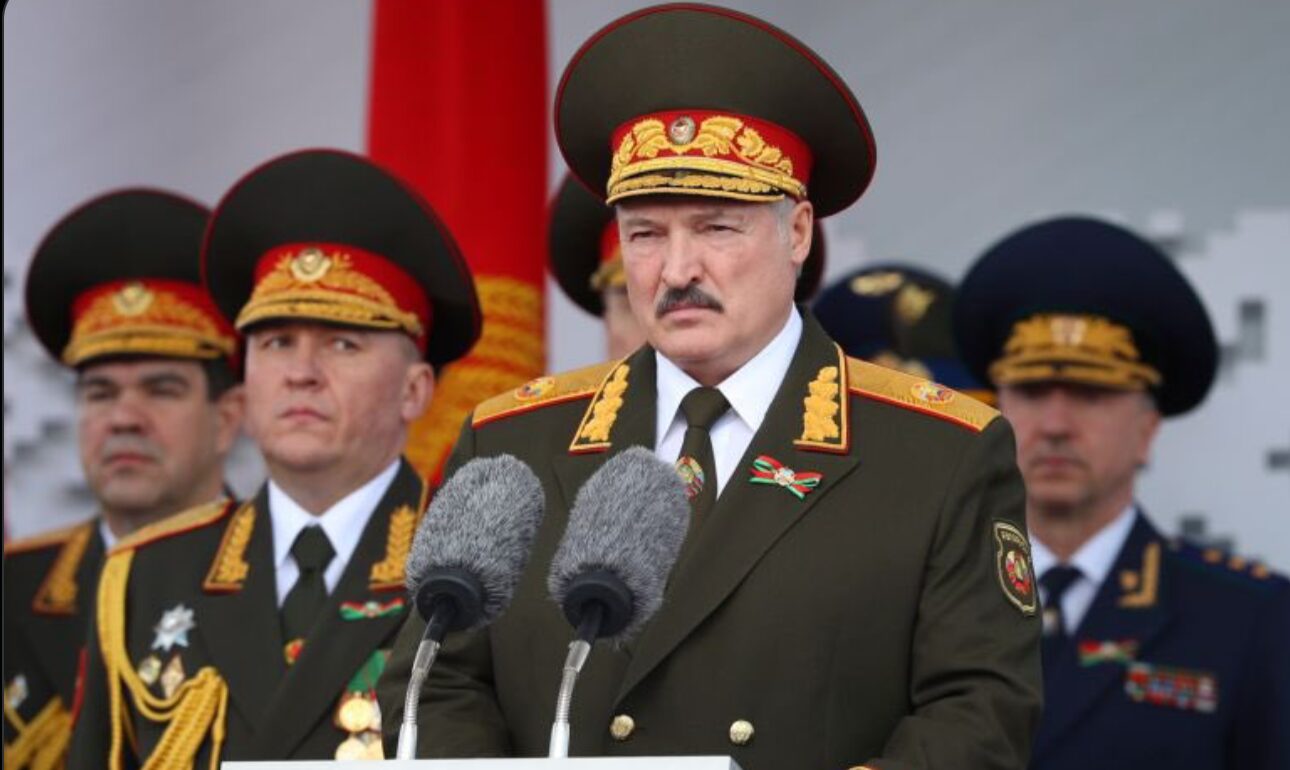
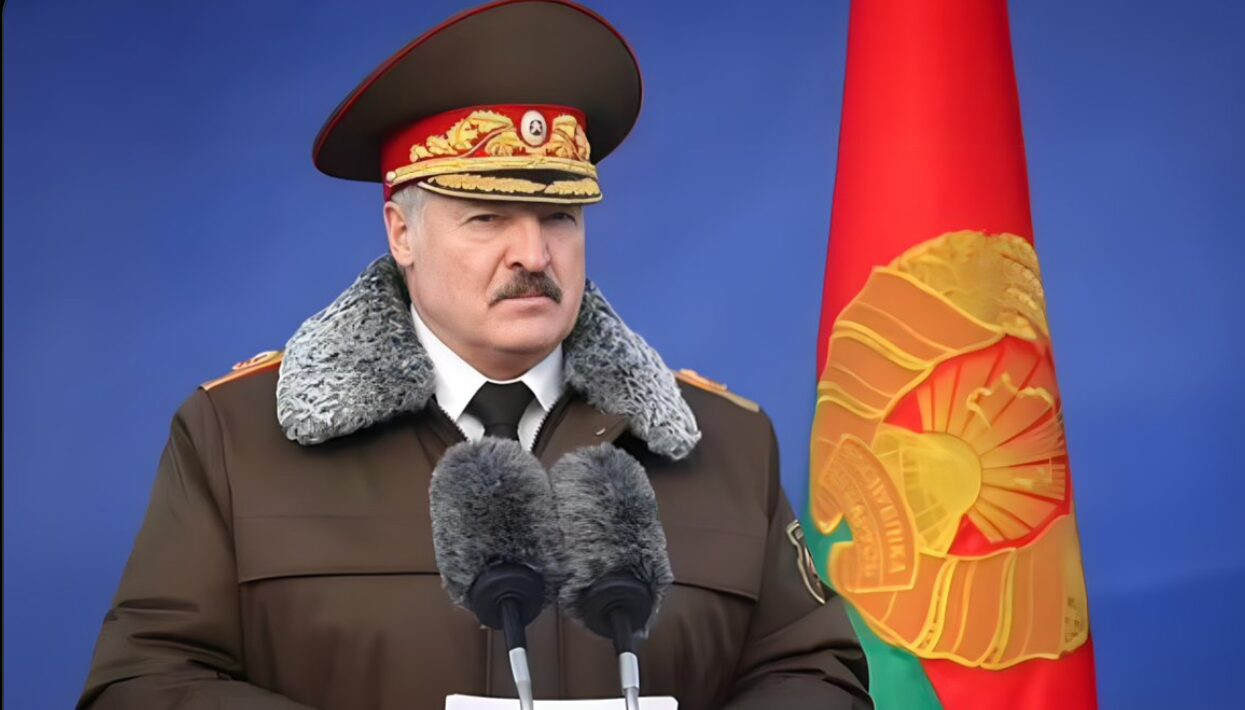
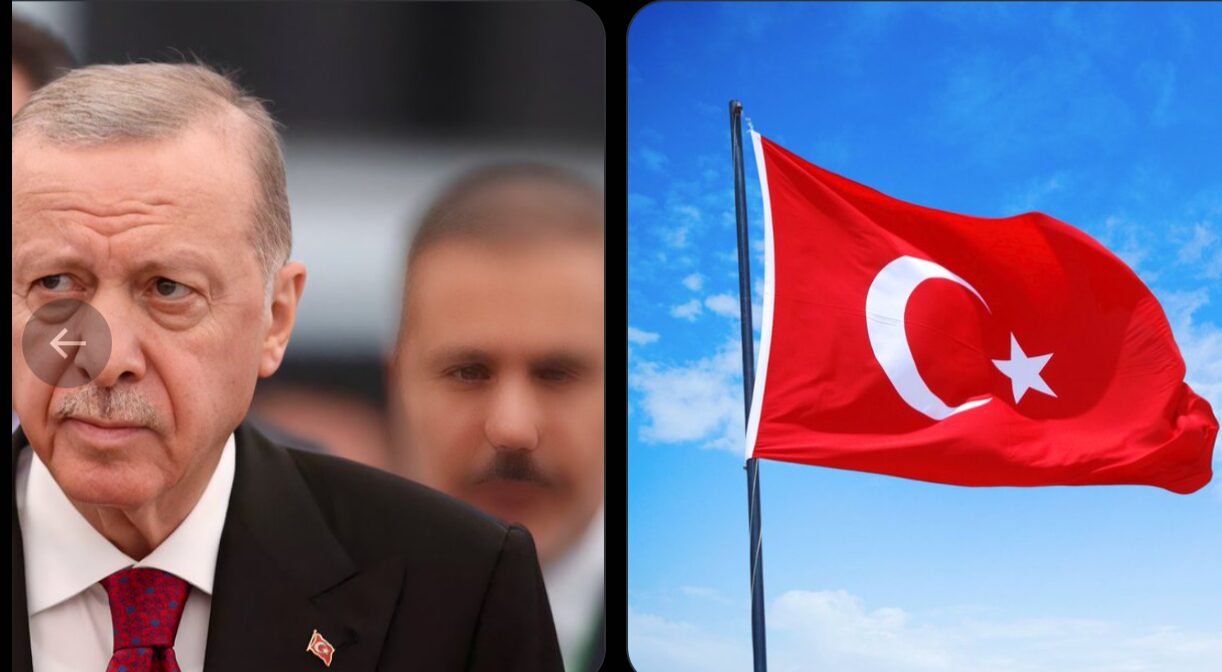
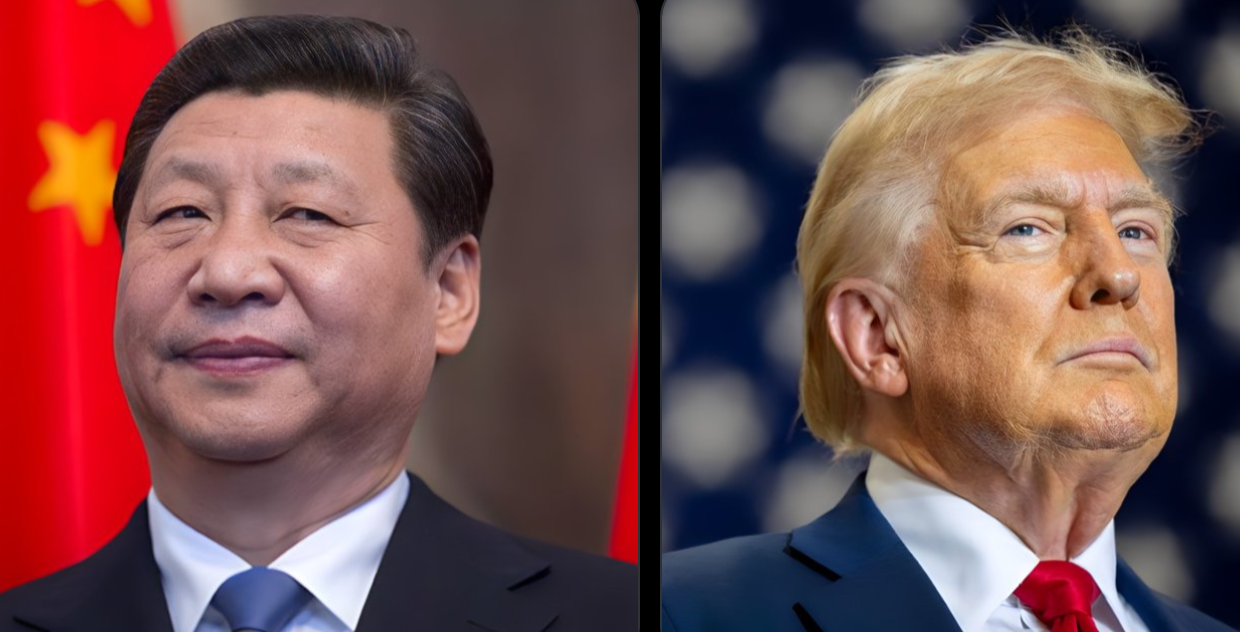
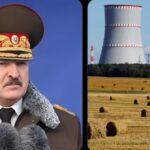
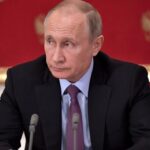











Post Comment